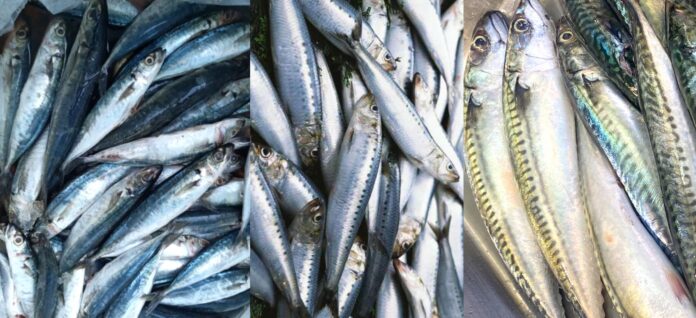-
Agriculture Secretary William Dar is allowing the importation of 60,000 metric tons of small pelagic fish to stem a supply shortfall in the first quarter of 2022
-
The development comes on the heels of significant damage to the fisheries subsector in the wake of typhoon Odette and reduced fish production due to the closed fishing season
Agriculture Secretary William Dar has approved importation of small pelagic fish to stem the projected supply shortfall in the first quarter of 2022.
Dar signed the Certificate of Necessity to Import (CNI) 60,000 metric tons (MT) of the fish following significant damage to the fisheries subsector from typhoon Odette and the reduced fish production due to the closed fishing season.
The strongest typhoon to hit the Philippines in 2021, Odette battered Visayas and Mindanao and parts of Luzon last December.
The CNI is seen to stem the high prices of fish, affecting swathes of the Filipino population obtaining their protein sources from small pelagic fish such as galunggong (round scad), sardines, and mackerel.
Dar, in a media briefing on January 18, belied misconceptions of sufficient fish stocks for the coming quarter. “We are working on the DA-BFAR’s [Department of Agriculture-Bureau of Fisheries and Aquatic Resources] projection of a 119,000 MT fish supply deficiency this quarter,” he said.
“We are bolstering the aquaculture sector to close gaps in fish production and sustainably improve our catch,” he added.
Fisheries remains one of the biggest subsectors hit in the aftermath of typhoon Odette, logging around P4 billion in total value loss and damage.
DA also foresees spikes in fisheries and aquaculture input costs, as global prices of petroleum and fish feed inch upwards.
“We are, as always, striking the crucial balance to ensure fish security among consumers while coming to the aid of our fish producers,” Dar said.
DA has allotted P50 million of its P1 billion Quick Response Fund post-Odette for the distribution of marine diesel/gasoline engines, fabrication of durable fiberglass fishing boats, and distribution of fisheries relief goods such as canned tuna, sardines, and frozen fish. The amount adds to the P35 million in fisheries interventions already distributed in the most affected regions.





